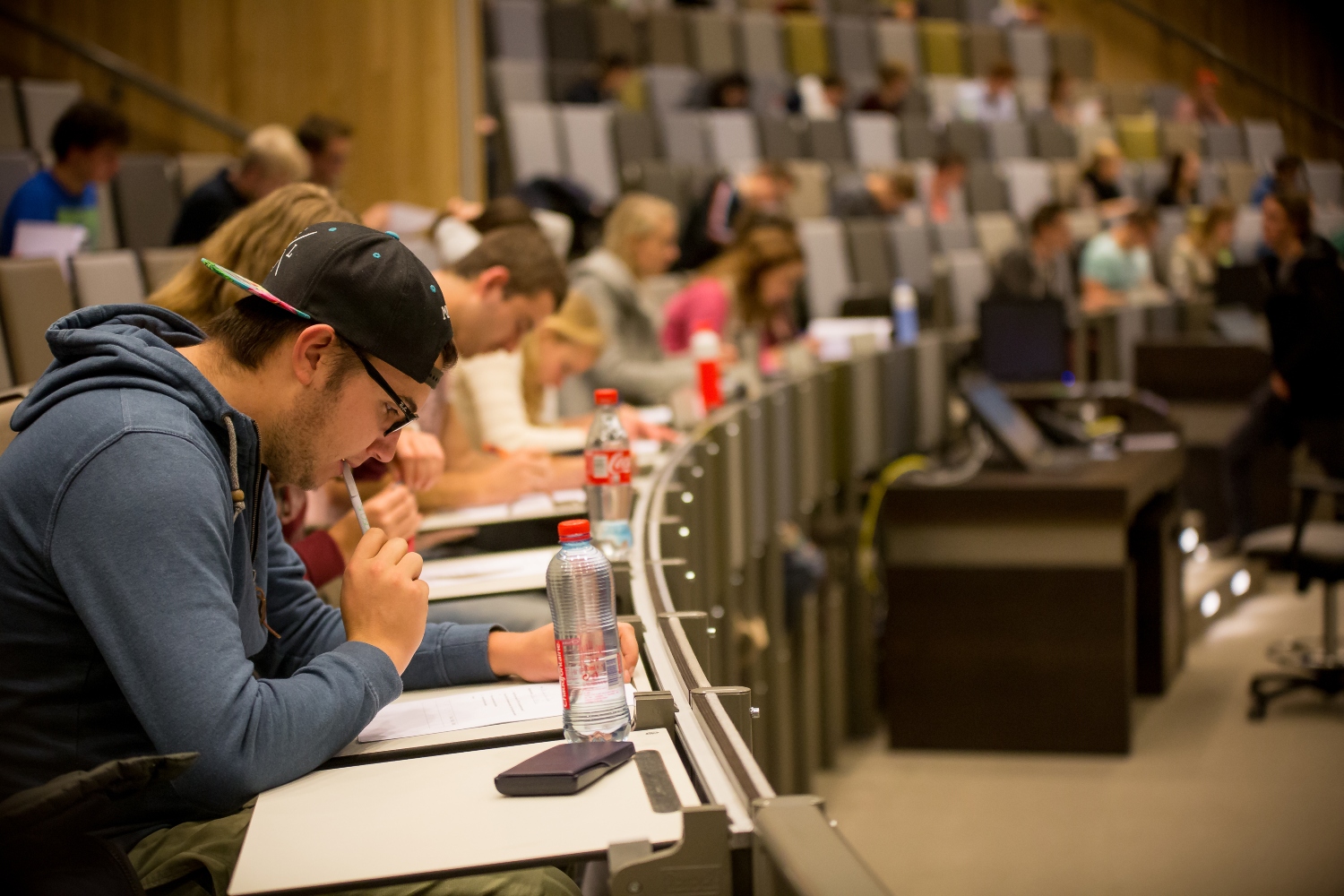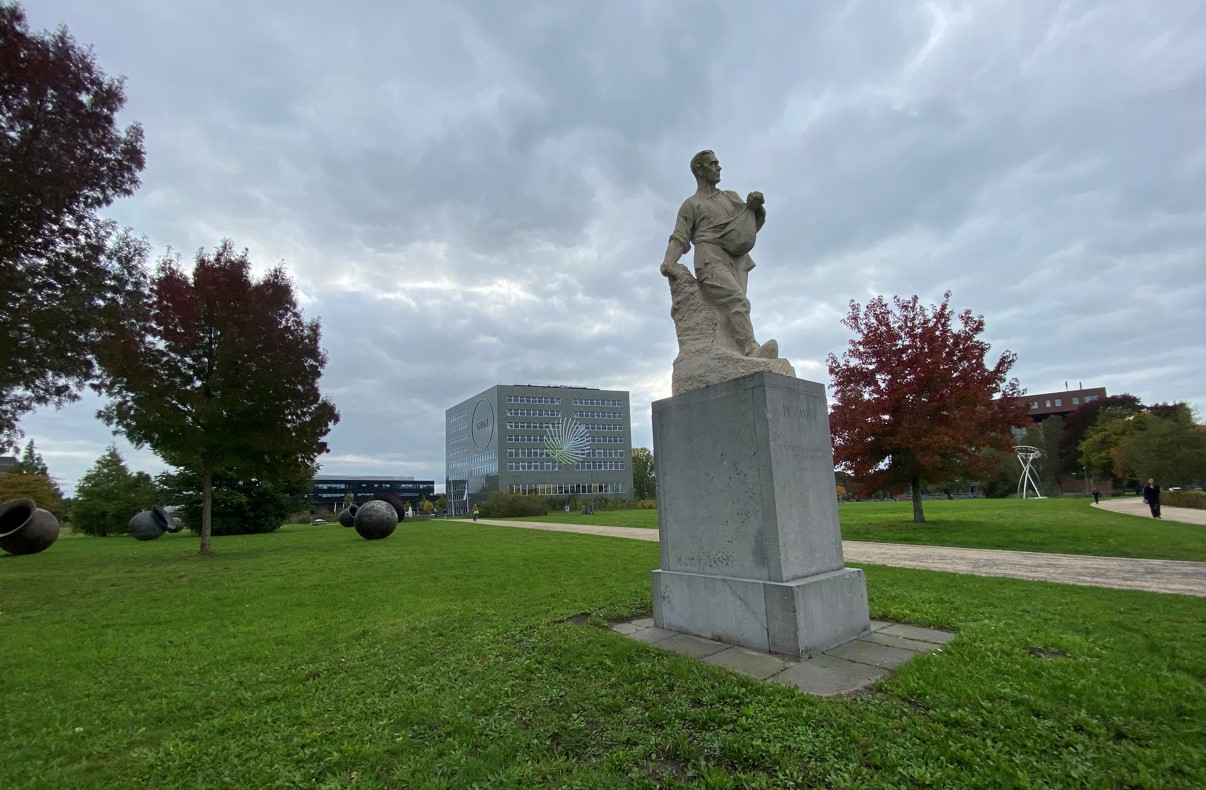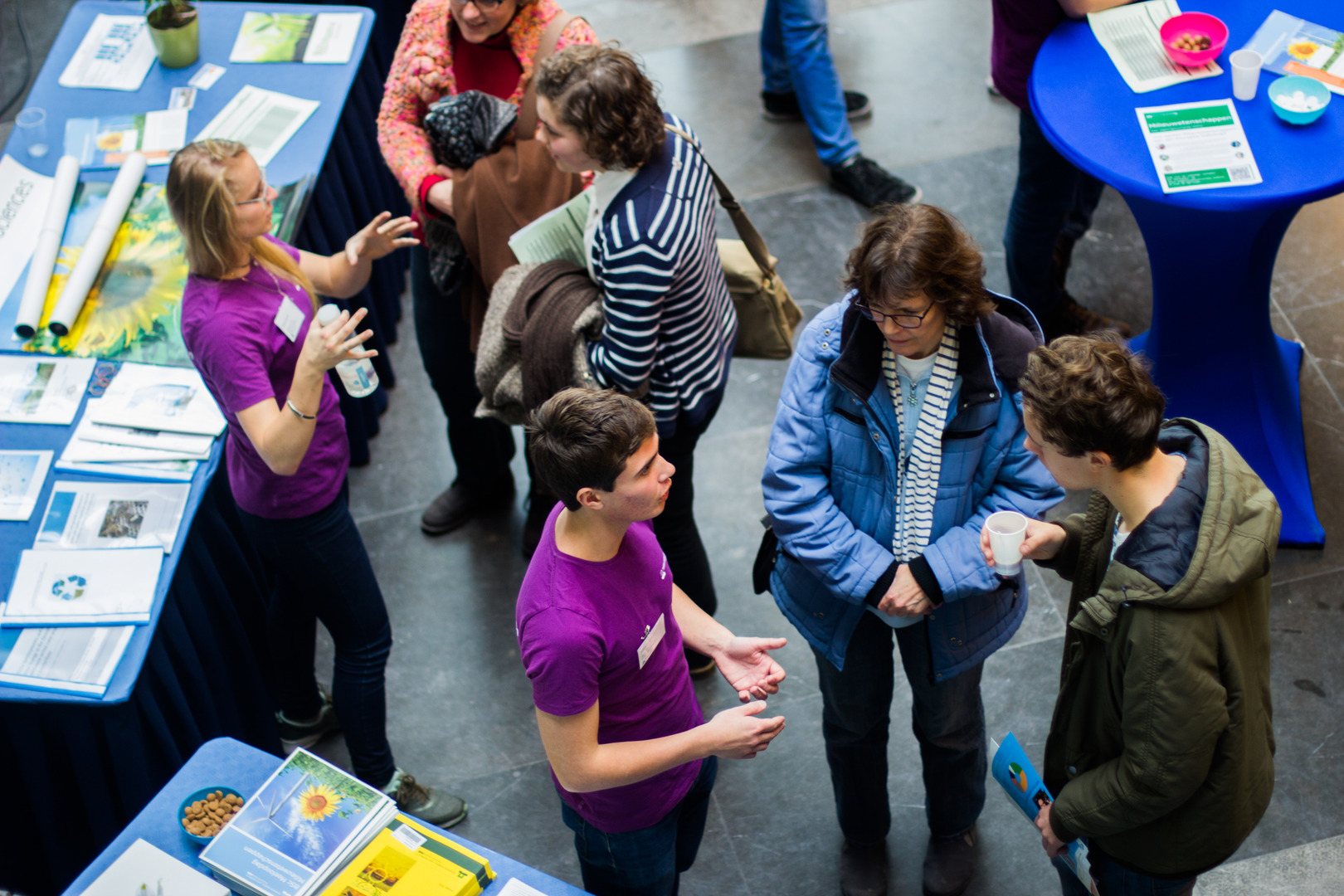The programme started with a strong focus on organic agriculture but has since broadened, rendering the name Organic Agriculture too limited to cover the domain within which the programme operates. Hence, after a review, the Dutch-Flemmish Accreditation Committee (NVAO) suggested changing the name.
Programme director Anja Kuipers: ‘Organic farming is just one of the aspects of sustainable agriculture. In the master’s, we also focus on permaculture, agroforestry and all sorts of other topics that contribute to more sustainable food systems that may not necessarily fall within organic farming. The name Resilient Farming serves all these other forms better as it refers to farming methods that are resilient and robust. They are able to bounce back if the systems are out of balance. Or, when conditions have changed so much that a return to the former equilibrium is impossible, are able to find a new balance.’
Organic farmer
Moreover, the social component of the programme was not represented under the old name. A prospective student may think that Organic Agriculture trains them to become an organic farmer. Kuipers: ‘This master links social sciences to life sciences. When you consider food systems, the basis is production. But there is more. The discussion about farmers in the Netherlands, Europe and around the world, for example, is in need of a broader perspective. That means the social aspect is added. This master’s is about sustainable food production and systems and a broader contribution to a sustainable society and world. Hence, the name Resilient Farming and Food Systems (MRF, ed.) is more fitting for a programme as broadly based as this one.’
Despite our programme’s former name, my knowledge of organic farming is very limited
Saskia Colombant, a student on the programme committee
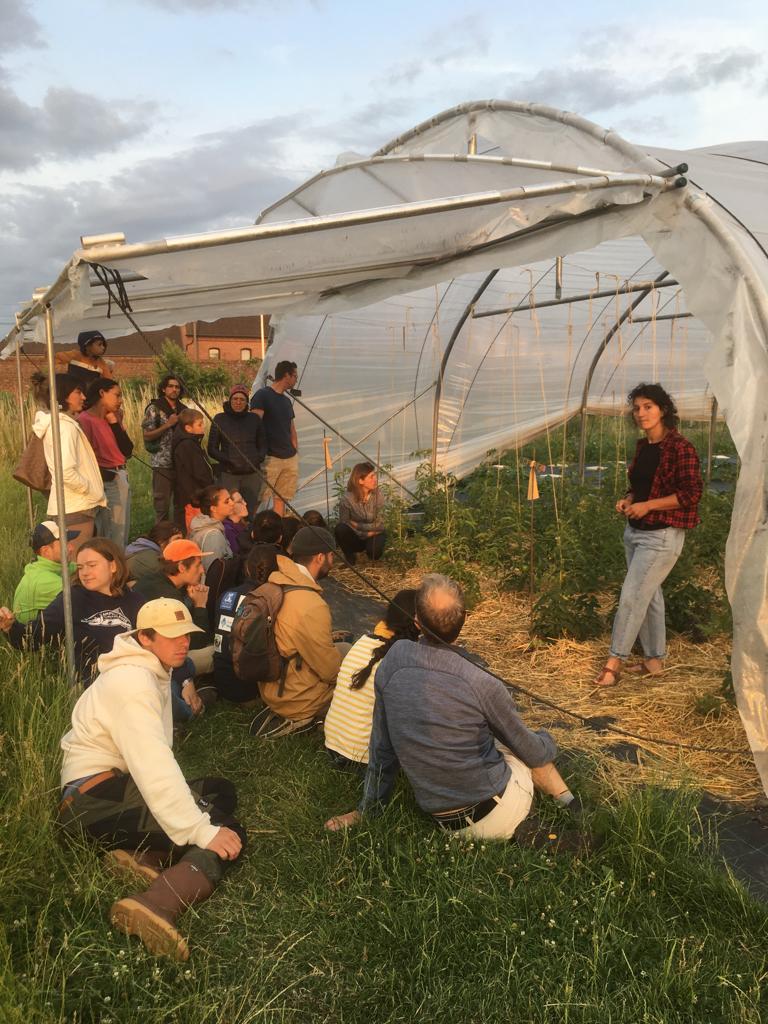
Saskia Colombant is one of the four students on the programme committee and participated in the renaming process. She is happy with the name change. ‘The new name is a better reflection of the content of the study. People can focus on different things like soil biology, farming practices, food governance or economic aspects of the food system. Organic agriculture is an option there, but I didn’t pick it, so I don’t know much about organic agriculture, despite the former name of our program.’
Awareness
How broad the programme is can be illustrated by the fact that students can choose from fifteen different thesis tracts. ‘There are so many different options that it’s really worthwhile to help students along at the start of their studies’, Kuipers says. ‘After all, we do want to guide them through the programme in a somewhat coherent manner. Hence, we want students to consider in what direction they want to specialise at the start of the programme and what knowledge and skills they need to get there. That helps them make the right decisions during their studies. The student must take ownership of their choices so that they can make conscientious decisions to reach their selected goal.’
To achieve this goal, efforts are underway to develop a game (Captain Plan(t)-It) to make MRF students aware of the options and consequences of their study choices. They are challenged to develop creative solutions to global sustainability issues within interdisciplinary teams and to consider what their role could be.

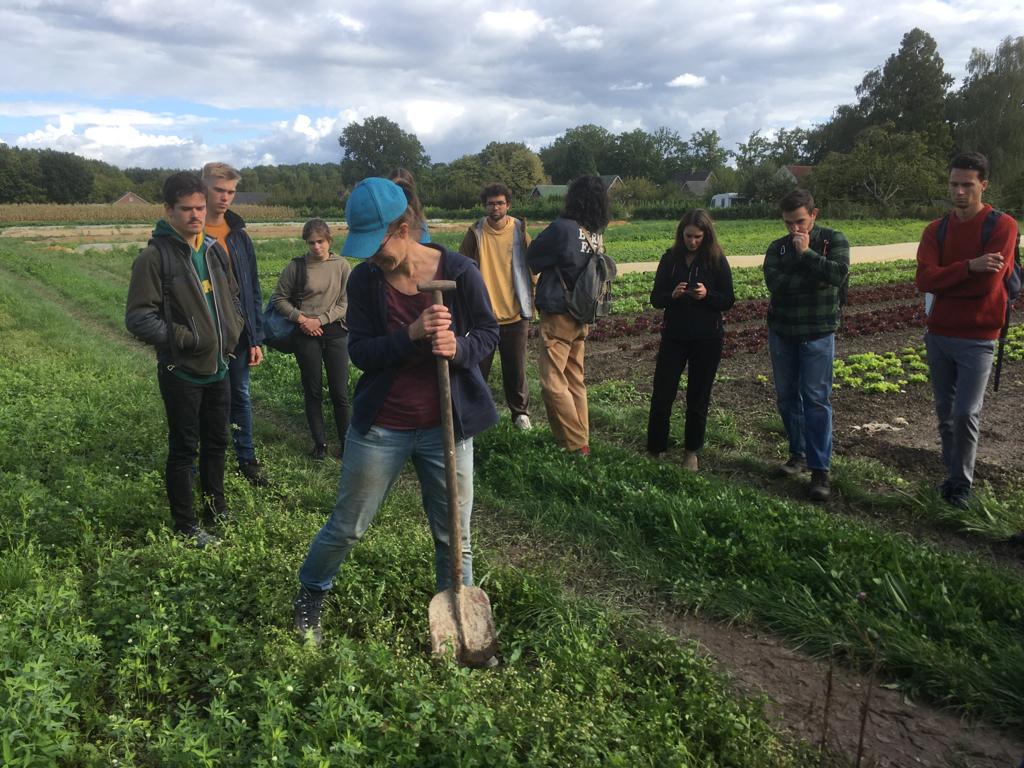 Students visit organic nursery De Stroom. Photo Merel Hofmeijer.
Students visit organic nursery De Stroom. Photo Merel Hofmeijer. 